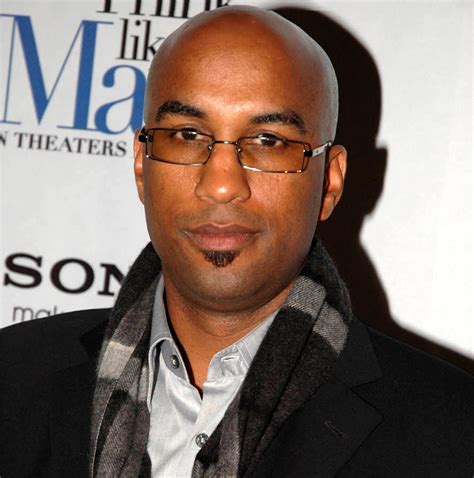A Quote by Donna Tartt
Even if you need, and want, a second opinion, it can be dangerous to have people telling you what they think you ought to add, or cut, before you've even finished telling your story. One loses heart; one loses energy and interest. Or at least I do.
Related Quotes
To handle yourself, use your head; to handle others, use your heart. Anger is only one letter short of danger. If someone betrays you once, it is his fault; if he betrays you twice, it is your fault. Great minds discuss ideas; average minds discuss events; small minds discuss people. He who loses money, loses much; he who loses a friend, loses much more; he who loses faith, loses all.
Every story is flawed, every story is subject to change. Even after it is set down to print, between covers of a book, a story is not immune to alteration. People can go on telling it in their own way, remembering it the way they want. And in each telling the ending may change, or even the beginning. Inevitably, in some cases it will be worse, and in others it just might be better. A story, after all, does not only belong to the one who is telling it. It belongs, in equal measure, to the one who is listening.
I think that people have to have a story. When you tell a story, most people are not good storytellers because they think it's about them. You have to make your story, whatever story it is you're telling, their story. So you have to get good at telling a story so they can identify themselves in your story.
I think when people begin to tell their stories, everything changes, because not only are you legitimized in the telling of your story and are you found, literally, like you matter, you exist in the telling of your story, but when you hear your story be told, you suddenly exist in community and with others.
I think when people begin to tell their stories, everything changes, because not only are you legitimised in the telling of your story and are you found, literally, like you matter, you exist in the telling of your story, but when you hear your story be told, you suddenly exist in community and with others.
People need to understand that what happens in people's homes and behind closed doors, unless you were there, you really shouldn't make any analogy or any assumption, which writers do quite a bit. It's not something I ever for one second thought about. This is not my life story, and I've never told my life story, and I have no interest in telling my life story.





































